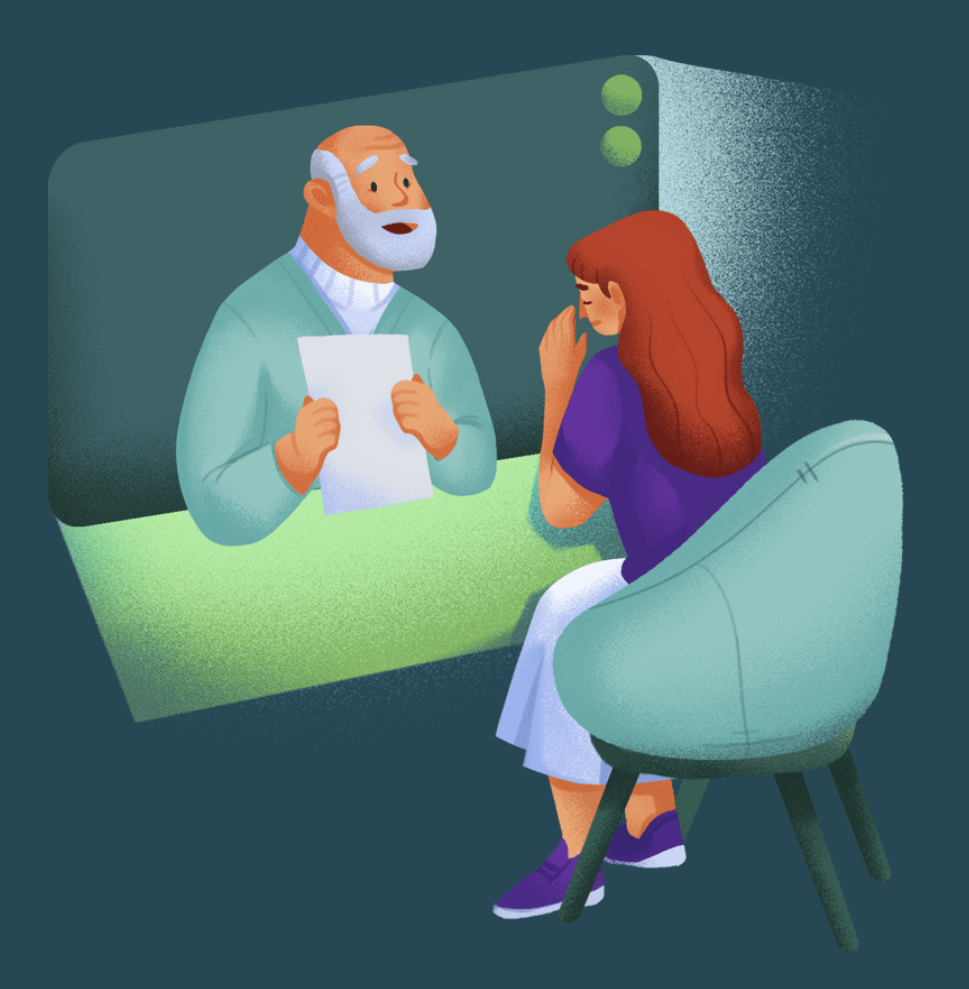BSBH School of Counselling
Start your Journey to helping people.
-

Counselling Skills (Level 2)
Overview
Year 1 (Level 2) introduces students to the core principles, values, and practical skills of counselling. It’s designed for those who are exploring a career in counselling or wish to develop deeper interpersonal and listening skills for personal or professional growth. Sign up today to start September 2026 - Awaiting CPCAB approval.
Aims of the Course
• Develop active listening and empathic communication skills
• Understand the role of the counsellor and ethical boundaries
• Explore key theoretical models, with a focus on the person-centred approach
• Reflect on personal development and self-awareness
• Learn about confidentiality, non-judgement, and respect in practice
Key Topics Include:
• Core counselling skills (e.g., reflecting, paraphrasing, summarising)
• Introduction to counselling theory (Humanistic, Psychodynamic, CBT basics)
• The counselling relationship and the importance of unconditional positive regard
• Ethical practice and the BACP Ethical Framework
• Personal development and journaling for self-awareness
Learning Methods
• Interactive group work
• Skills practice sessions
• Reflective journals and self-evaluation
• Tutor and peer feedback
• Short written assignments
NO EXAM!
Who is this for?
This course is ideal if:
• You're considering a career in counselling
• You work in a helping or supportive role (e.g., education, health, social care)
• You want to improve your interpersonal and communication skills
Progression
On successful completion, students may progress to Level 3 Certificate in Counselling Studies, which deepens theoretical understanding and prepares learners for more advanced practice.
-

Counselling Studies Theory (Level 3 )
Overview
Level 3 builds upon the foundations laid at Level 2, introducing more advanced counselling theory and professional practice concepts. This stage supports students in developing greater self-awareness, deeper understanding of the counselling process, and readiness for further professional training at Level 4 and beyond. Sign up today to start September 2027.
Aims of the Course
• Expand understanding of counselling theories and therapeutic approaches
• Enhance practical counselling skills through structured practice
• Deepen self-awareness and the ability to reflect on personal development
• Explore mental health awareness and client diversity
• Develop a clearer understanding of the counselling profession and its boundaries
Key Topics Include:
• In-depth exploration of theoretical models (Person-Centred, Psychodynamic, CBT)
• The counselling process: beginning, maintaining, and ending sessions
• Mental health conditions and the counsellor’s role in a wider support system
• Diversity, inclusion, and anti-oppressive practice
• Ethical and professional issues in counselling
• Developing a reflective and ethical mindset
Learning Method
• Supervised skills practice with structured feedback
• Theory classes with group discussion
• Reflective journals and personal sdevelopment assignments
• Case studies and role-play scenarios
• Coursework and written assessments
Who is this for?
This course is ideal if:
• You've completed a Level 2 counselling course
• You’re serious about becoming a professional counsellor
• You want to understand how theory and ethics shape real-world counselling practice
Progression
Successful completion of Level 3 enables progression to a Level 4 Diploma in Therapeutic Counselling, which includes clinical placement and prepares learners for professional qualification.
-

Counselling Practitioner (Level 4)
School of Counselling Level 4 works in partnership with trauma organisations to provide trauma informed, counselling training.
Overview
The Level 4 Diploma professional training programme will prepare students for competent and ethical therapeutic practice. This stage includes clinical placement, supervised counselling hours, and Trauma speciality training from industry expertise, allowing students to work towards professional registration with bodies such as the BACP (British Association for Counselling and Psychotherapy). Sign up today for September 2027.
Aims of the Course
• Develop professional-level counselling skills for working with a diverse client base
• Integrate counselling theory with practice across a range of therapeutic models
• Gain extensive placement experience in real-world setting
• Understanding of ethical, legal, and professional frameworks
• Prepare for employment or private practice as a qualified counsellor
Key Topics Include:
• Advanced theory such as Person-Centred, Integrative, Psychodynamic, CBT.
• The therapeutic relationships and enabling therapeutic process
• Speciality in trauma, bereavement, abuse, and mental health
• Supervision, assessment, and referral
• Ethical dilemmas, risk, and safeguarding
• Mental health, diagnosis, and multi-agency working
• Self-care and professional resilience
Counselling Practice
• 100 hours of supervised counselling practice required
• Internal and external placement options
• Ongoing supervision and reflective casework
• Practice logs and supervisor reports form part of assessment
Learning Methods
• Everything in first and second year
• Peer group supervision
• Personal therapy
• Reflective essays, case studies, and portfolios
• External and internal assessments
Who is this for?
• Those who have completed Level 3
• Individuals committed to becoming qualified counsellors in organisational or private settings
• Professionals seeking a nationally recognised qualification aligned with BACP or equivalent standards
Progression
• Will be accredited by BACP automatically
• Begin or continue work in counselling settings
• Undertake further specialist CPD or a Level 5/6 Diploma, Degree, or Master’s in Counselling/Psychotherapy
